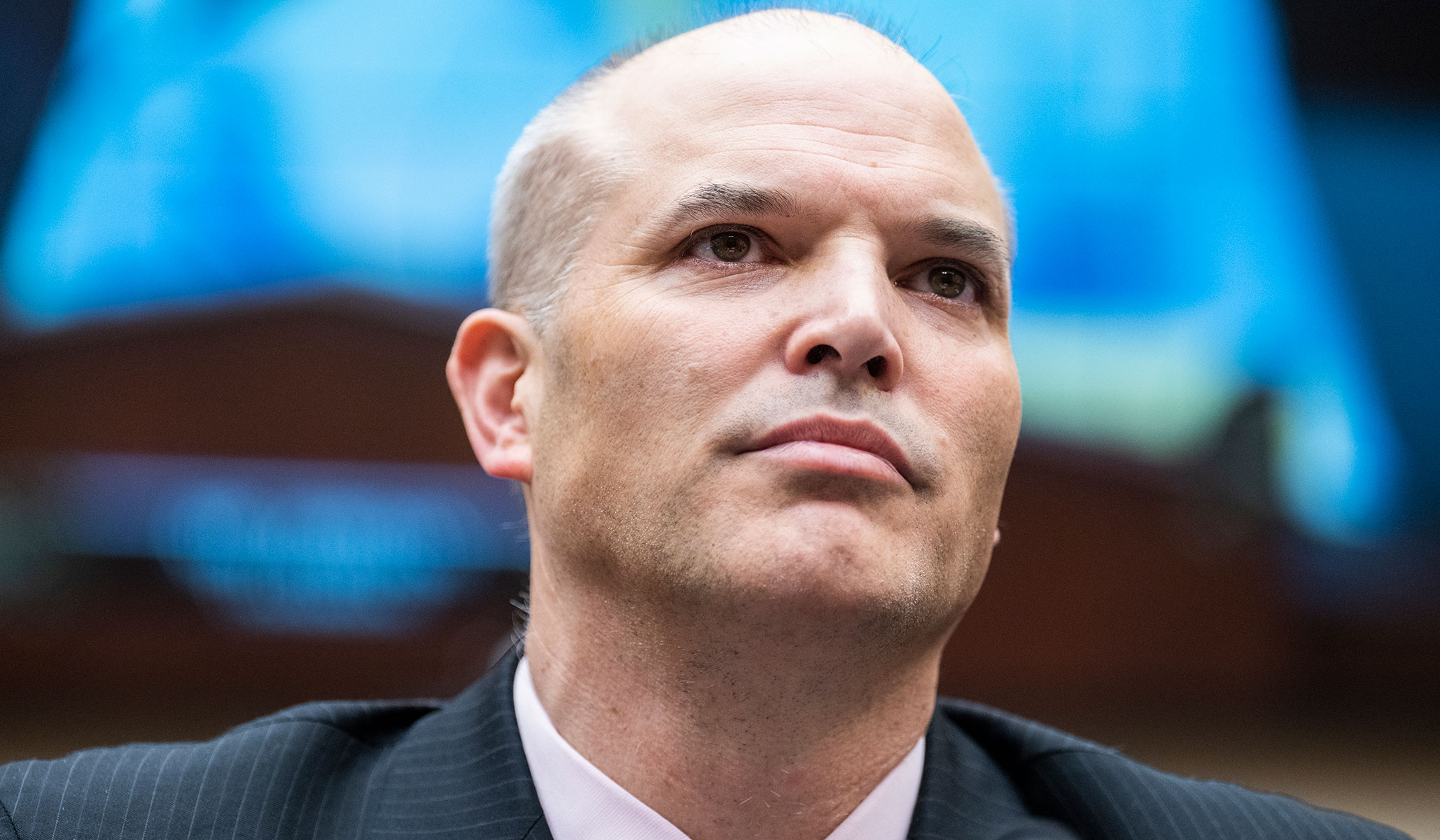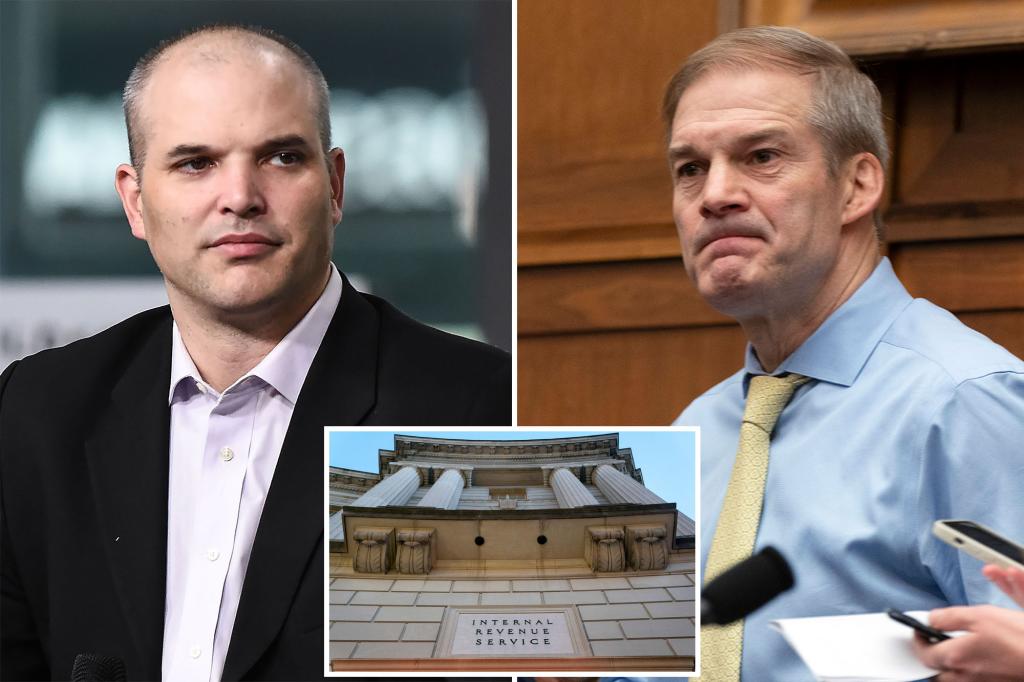http://www.rollingstone.com/politics/news/will-hsbc-deal-come-back-to-haunt-loretta-lynch-20150209
Three years ago, then-U.S. Attorney of the Eastern District of New York Loretta Lynch crafted a soft-touch deferred-prosecution deal for Europe's largest bank, HSBC, which had only been caught in the largest drug-money-laundering case in history.
Today, as Lynch awaits approval for the Attorney General job, HSBC is in the news again. This time, the global mega-bank is being exposed in a massive scheme to help wealthy clients avoid taxes. This is from the New York Times:
In a report released on Sunday, the International Consortium of Investigative Journalists… said that secret documents revealed that bank employees had reassured clients that HSBC would not disclose details of their accounts to tax authorities in their home countries and discussed options to avoid paying taxes on those assets.
This story traces back to a leak of files apparently stolen by a former HSBC IT employee named Herve Falciani in Switzerland in 2007.
Taken out of Switzerland, the files were then shared with authorities in France, Spain, the United States and Britain. The monster cache of info about wealthy tax avoiders came to be referred to as the "Lagarde List," after Christine Lagarde, who was the French Finance minister at the time the information first began to be circulated.
What HSBC's Swiss unit was doing went far beyond passive bank secrecy. The bank was actively helping its wealthiest clients avoid paying taxes in their home countries, sometimes using highly creative methods – a sort of criminal advice service, if you will. The Guardian details one such instance:
In one case that illustrates the bank's conduct, a wealthy British client, Stoke City football club director Keith Humphreys, frankly told his HSBC manager that his father's $430,000 (£280,000) Swiss account was "not declared" to the U.K. tax authorities.
Humphreys, whose wealth originated from the sale of a local supermarket chain, explained that one HSBC manager had already advised how to extract undeclared offshore money via a credit card.
"The credit card is thus used to enable the Humphreys family to make withdrawals from 'cash points' when they are outside the U.K.," he said.
The paper went on:
On clinching arrangements in London, the bank manager wrote: "We subsequently repaired to the Ritz, for a very enjoyable lunch." Humphreys told the Guardian his father eventually had to repay about $224,000 (£147,000) for evading tax due to the U.K.
Countless similar examples are appearing the in the press. The numbers being thrown out are incredible. The Swiss arm of the bank at its height apparently hid as much as $120 billion. The bank unit was essentially, as one observer described it, a "tax avoidance and tax evasion service."
This HSBC story is an incredibly explosive one when one takes into account the recent regulatory history of this company. The bank has been a central player in two recent lurid criminal scandals, one involving the rigging of currency markets, the other the aforementioned case involving money-laundering.
Both cases involved historically enormous schemes to profit from illegal banking activities. HSBC has set aside $378 million to pay fines for its role in the Forex scandal, in which it was one of a handful of banks whose currency traders ripped off their clients in a variety of ways, for instance using inside client info to make prescient bets seconds before a currency's price was set.
In the money-laundering case, HSBC paid a $1.9 billion fine – about five weeks of profit – for its role in an amazing scandal in which the bank admitted laundering up to $850 million for a pair of Central and South America drug cartels, including the infamous Sinaloa gang.
In neither case did the penalties do much to dent the bank's bottom line. Late last year, even after the markets digested the news of the Forex scandal and other fines (including one involving mortgage fraud here in the U.S.), the bank was still a giant cash factory. This is from a third-quarter report from the Guardian:
The bank's shares slipped as the market digested the impact of the regulatory breaches, which knocked 9 percent off its profits for the first nine months of the year, leaving them at $17bn.
Here's the really disturbing part of this story. Everything being reported in the last few days (including a 60 Minutes report and a "Panorama" documentary) indicates the United States knew about an apparent systematic tax evasion scheme as far back as 2010.
This raises a huge question about the deal Lynch's office gave to HSBC back in 2012.
The United States, remember, had to bend over backwards in that deal to make sure that HSBC kept its American bank charter. Also, the money-laundering case was already far from HSBC's first money-laundering offense, as detailed in a scathing 334-page report by Senate investigators in early 2012.
In fact, by the time we wrote about the case in early 2013, HSBC had been ordered to improve its anti-money-laundering procedures by banking regulators at least twice during the 2000s, including formal orders in 2003 (by the Fed) and 2010 (by the Office of the Comptroller of the Currency). During one absurd stretch between 2005 and 2006, the OCC issued 30 separate warnings to HSBC about its lax money-laundering procedures.
The DOJ acted very tough after the 2012 deferred-prosecution deal, swaggering in a strangely self-congratulatory public ceremony. Then-Criminal Division chief Lanny Breuer shared a podium with Loretta Lynch here in New York, detailing how the bank's Mexican branches had fashioned specially-made teller windows so that drug gangs could more quickly slide in their cash.
Still, no individual had to pay a dime in fines, and nobody was charged. In fact, the harshest penalty any individual at HSBC had to suffer in that case was the partial deferral of some bonuses.
That looked bad back then, but now the Breuer/Lynch deal looks preposterous even by Eric Holder's standards. If our government knew back then that HSBC had been engaged in a sweeping global tax-evasion scheme, how could it have dealt out such a sweetheart deal on the money-laundering caper after being so informed?
This is a little like dropping a felony burglary charge to misdemeanor trespassing at a time when you've found out that your bug-eyed suspect with the rope and zip-ties in his trunk is wanted in a string of violent home invasions in another state. It's inexplicable, something no sane law enforcement official would ever entertain.
Already, in light of this tax case, there are a lot of new questions about that 2012 deal. Senator Sherrod Brown of Ohio, who was among the few elected officials at the time to respond to the HSBC deal with appropriate fury, is already wondering who knew what when that deal was made. From the Guardian:
I will be very interested to hear the government's full explanation of its actions – or lack thereof – upon learning of these allegations in 2010… If the charges are true, the same institution that was first caught violating US sanction laws and laundering money for Mexican drug cartels could then escape accountability for promoting widespread evasion of US tax laws. I intend on pressing regulators, the IRS, and the DOJ for answers.
The logic behind the original Holder deal was always, supposedly, about global stability. With banks like HSBC being so big and wielding such weight in the global economy, what happens when you file criminal charges against one of them, or, worse, strip them of a charter to operate in America?
We know Holder was worried about this back then. That's both because he said so in his infamous "Too Big to Jail" Senate testimony in March 2013, and also because the Treasury Undersecretary for terrorism and financial intelligence, David Cohen, told a Senate panel that the Justice Department had asked Treasury about the financial consequences of an HSBC prosecution.
So yes, they had a reason to toss HSBC a softball on the money-laundering case. It was a bad reason, a terrible one in fact, but a reason nonetheless.
Now, however, that deal makes zero sense. It was bad enough when we were merely enabling drug lords for the sake of "financial stability." But it looks now like the U.S. government knowingly bent over backwards to make sure that a major Western tax evader kept its license to operate here in America. Even worse, our next Attorney General was the person responsible for negotiating the deal.
The only reason you'd bend over backwards to save a company caught with its hand in the cookie jar is because you think the firm is basically a viable and otherwise reliable corporate actor that had a few bad apples get up to some mischief.
But if you know, for a fact, that the whole bank is essentially a giant money-hiding business, there's no possible excuse for letting them keep their charter. It's abject surrender to crime.
Put another way, what can you say about a government that allows a major bank to systematically help the world's richest people evade taxes when it not only has the power, but an excellent reason to put that bank out of business? The only conclusion to draw is that said government doesn't have strong feelings about the rich evading taxes.
What does a bank have to do to get shut down by regulators in this day and age? Be small?
....




